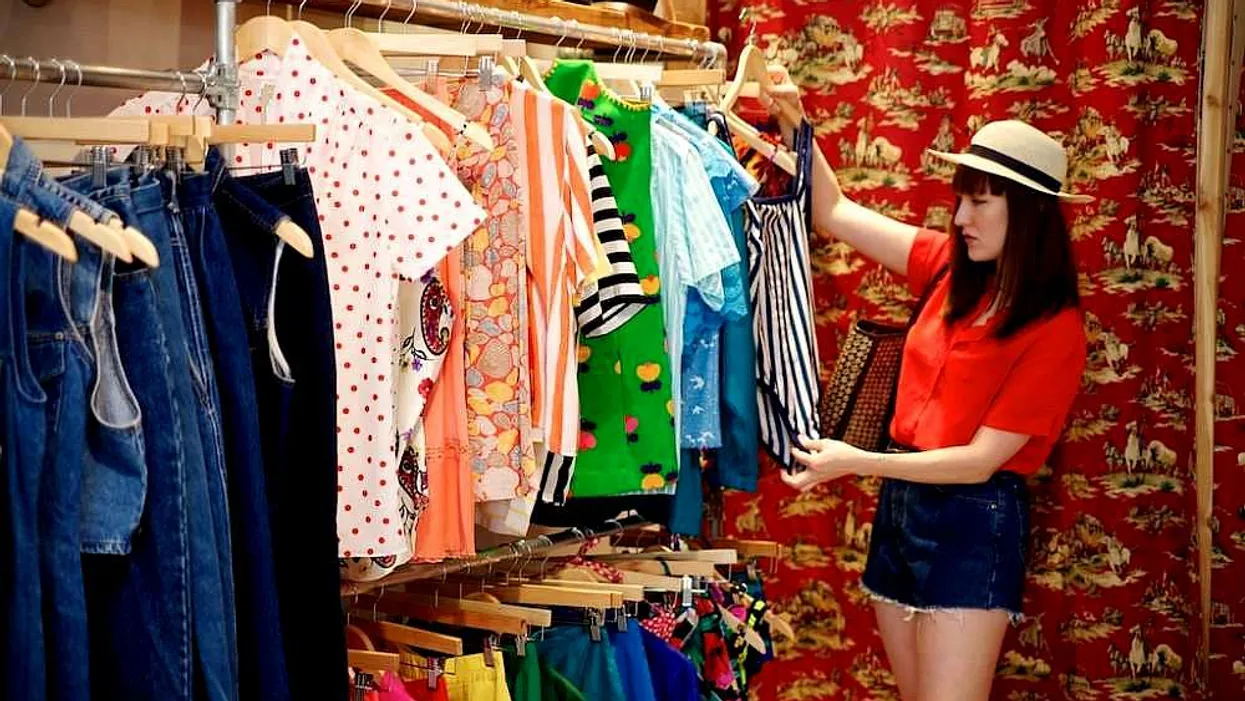In recent years, consumers have become increasingly aware of the impact their purchasing decisions can have on the environment and society.
One area of particular concern is the fashion industry, which is known for its high levels of waste, exploitation of workers, and environmental degradation.
Ethical clothing brands have emerged as a response to these issues, offering consumers a more responsible and sustainable alternative to fast fashion.
READ ALSO: Creative Ducktail Hairstyles 2025
Table of Contents
READ ALSO: Unveiling the Beauty of 3 Victorian Hairstyles: Timeless Elegance Revived
What Is Ethical Clothing?
Ethical clothing refers to clothing that is produced in a way that minimizes harm to people, animals, and the environment.
This includes fair labor practices, sustainable production methods, and the use of eco-friendly materials.
Ethical clothing brands aim to provide consumers with high-quality, durable clothing that is made to last, rather than cheaply made garments that are quickly discarded.
READ ALSO: Memorable 50s Fashion Trends
Why Choose Ethical Clothing Companies?
There are several reasons why consumers might choose to buy from ethical clothing brands.
Firstly, ethical clothing is produced in a way that respects the rights and dignity of workers.
Many fast fashion brands have been criticized for using sweatshop labor, which often involves long hours, low wages, and poor working conditions.
By buying from ethical clothing brands, consumers can ensure that the workers who make their clothes are treated fairly and paid a living wage.
Secondly, ethical clothing is more sustainable than fast fashion.
The fashion industry is one of the largest polluters in the world, with textile production and dyeing processes causing significant environmental harm.
Ethical clothing brands prioritize sustainable production methods, such as using organic cotton, recycled fabrics, and natural dyes.
By choosing ethical clothing, consumers can help to reduce the environmental impact of the fashion industry.
Finally, ethical clothing is often of higher quality than fast fashion.
Fast fashion is designed to be worn a few times and then thrown away, leading to a culture of disposability.
Ethical clothing brands prioritize durability and longevity, using high-quality materials and craftsmanship to create clothes that are made to last.
By investing in ethical clothing, consumers can build a wardrobe of timeless, versatile pieces that they can wear for years to come.
What to Look For in Ethical Brands Clothing
When shopping for ethical clothing, there are several factors to consider.
Firstly, look for brands that prioritize fair labor practices.
This might include paying workers a living wage, providing safe working conditions, and offering benefits such as healthcare and paid leave.
Many ethical clothing brands also work with artisans and small-scale producers, supporting local communities and traditional crafts.
Secondly, look for brands that prioritize sustainability.
This might include using eco-friendly materials, such as organic cotton, recycled polyester, or Tencel, a fabric made from sustainably harvested eucalyptus trees.
Ethical clothing brands may also use natural dyes, which are less harmful to the environment than synthetic dyes, and prioritize recycling and reducing waste in their production processes.
Finally, look for brands that prioritize quality and durability.
Ethical clothing brands may use high-quality materials and pay close attention to craftsmanship, ensuring that their clothes are made to last.
Some brands may offer repairs or alterations to extend the life of their garments, further reducing waste and promoting sustainability.
Examples of Ethical Clothing Brands
There are many ethical clothing brands to choose from, each with their own unique style and approach to sustainability.
Here is an example:
Clothing Brands Ethical/Clothing Companies That Are Ethical #1: Patagonia
Patagonia is a well-known outdoor clothing brand that prioritizes sustainability and social responsibility. The company uses recycled materials, natural dyes, and fair labor practices in its production processes. Patagonia also donates 1% of its sales to environmental organizations.
Photo Credits: MTL Blog
